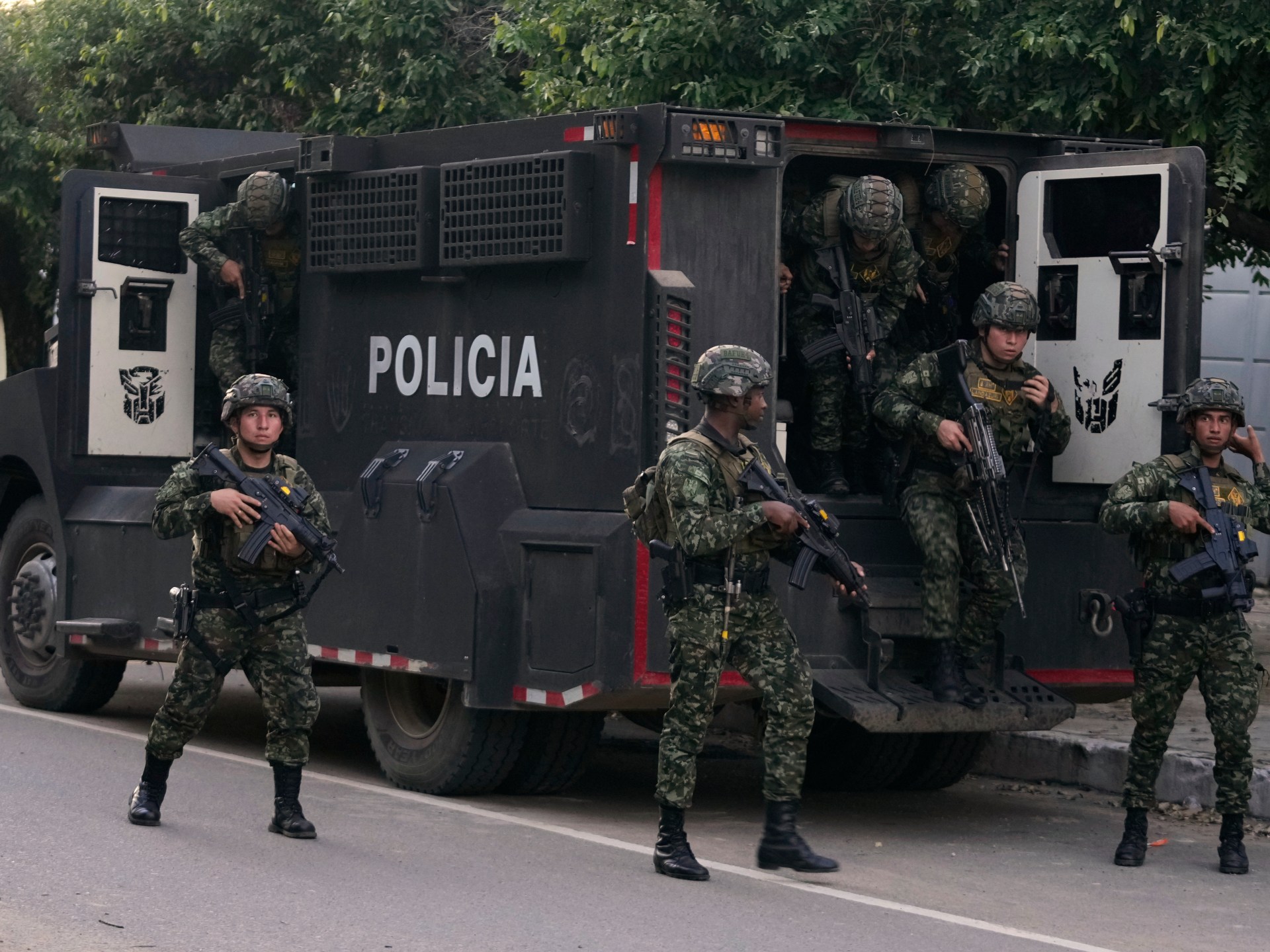The president of Colombia has issued a decree granting him immediate authority to restore order in the region that has been racked by deadly hostilities between rival armed groups.
According to The Associated Press, Gustavo Petro has 270 days under his decree, which would normally necessitate congressional approval or require curfews, to be implemented, and to restrict traffic.
It applies to the rural Catatumbo region on Colombia’s northeastern border with Venezuela.
Since mid-January, there has been a rise in violence between the rebel-controlled National Liberation Army (ELN) and dissident rebels from the Revolutionary Armed Forces of Colombia (FARC), which are battling for control of drug-trafficking routes.
At least 80 people have been killed, and more than 32, 000 have been forced to flee their homes in recent weeks, according to rights groups. Residents claim that the armed organizations are carrying out random attacks door to door.
Petro’s government announced last week that its peace negotiations with the ELN would be suspended due to the increase in Catatumbo-related violence.
The left-wing president, who took office in 2022, had pledged to bring “total peace” to the South American country after a decades-long conflict between the state, paramilitaries and rebel groups.
Petro has pushed for peace with the armed groups, and his approach has slowed the violence. However, there have continued to be rebel fighting and clashes with Colombia’s army.
In an effort to stop the recent violence, the government has sent countless soldiers to Catatumbo. On Wednesday, the office of Colombia’s attorney general also reissued arrest warrants for ELN leaders.
It claimed in a statement that it was “revoking the benefits of the national government’s recognition of the benefits of suspended arrest warrants for]the ELN’s representatives as spokespeople during negotiations.”
The ELN has said its offensive is directed at a group of former FARC rebels and the demobilized rebels who back them, but it has denied attacking civilians.
The FARC used to be the largest rebel group in the country, but after a 2016 peace deal largely dismantled the organisation, several groups splintered off. They have spoken with the Petro government about ending their conflict in recent months.
The government is being urged by human rights organizations to protect Catatumbo’s citizens.
“We call on the Colombian authorities to urgently take all necessary measures to protect civilians in the Catatumbo region, including human rights defenders”, said Amnesty International, warning of “growing threats of confinement, further killings, and enforced disappearances”.
Antonio Guterres, the head of the UN, expressed concern about the deteriorating situation this week.
According to his spokesman, Guterres called for “unhinged humanitarian access and an immediate cessation of violent acts against the civilian population.”
Many Catatumbo residents have fled to Venezuela or to Norte de Santander, a nearby region in Colombia.
displaced families, including mothers with young children, have been emigrating to Norte de Santander in droves, according to Adib Fletcher, senior regional director for Latin America and the Caribbean for the aid organization Project HOPE.
Families have fled their homes with only one or two bags, according to a statement released on Wednesday from Fletcher.
We are concerned about disease outbreaks and the local health system being put under more strain as people seek shelter in overcrowded areas.
Zilenia Pana, 48, fled the fighting with her eight- and 13-year-old children for the relative safety of Ocana, a small town in Norte de Santander.
Seeing “the dead bodies was sad, painful. That breaks your soul, your heart”, Pana told the AFP news agency.
Source: Aljazeera

Leave a Reply